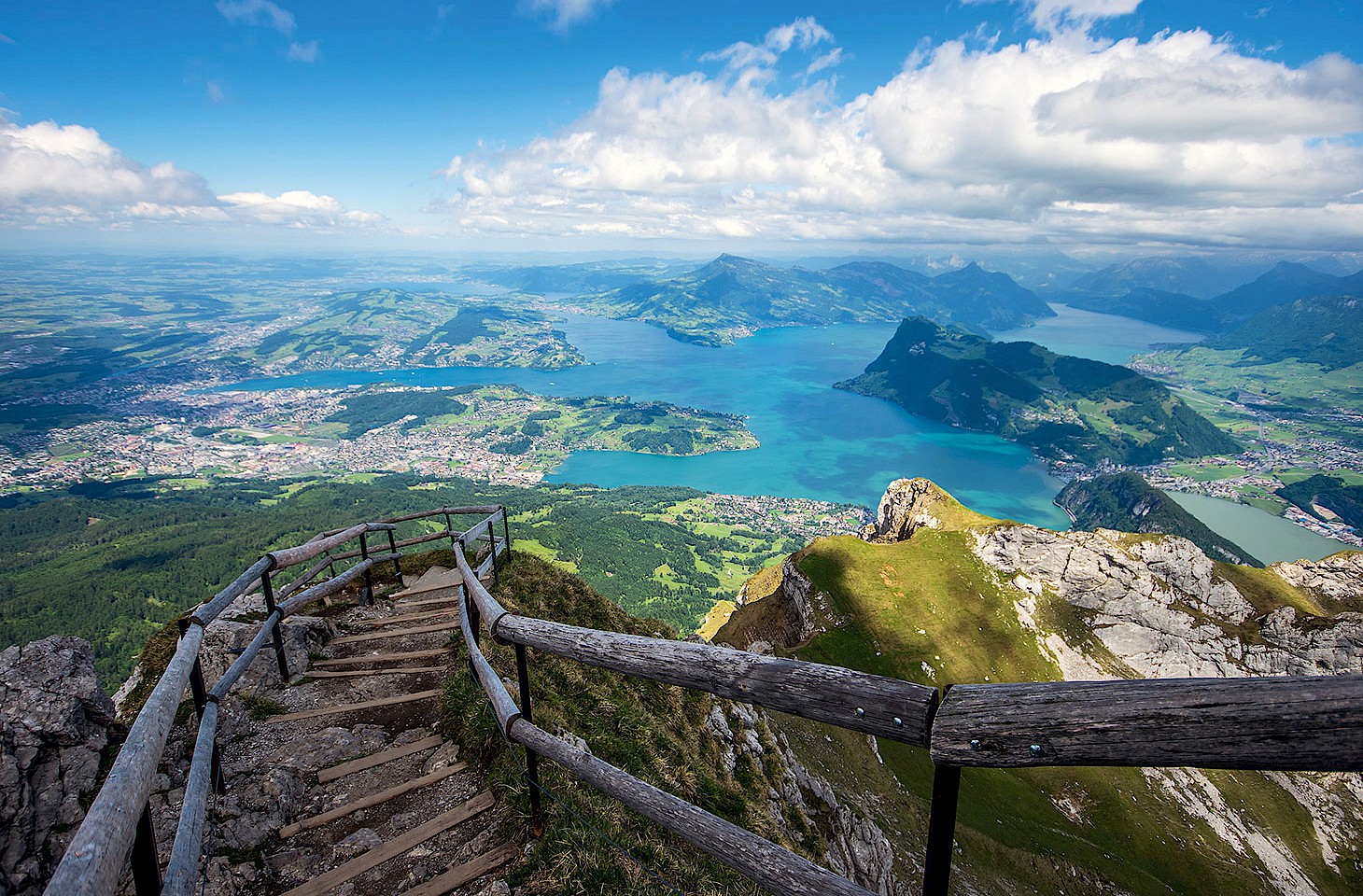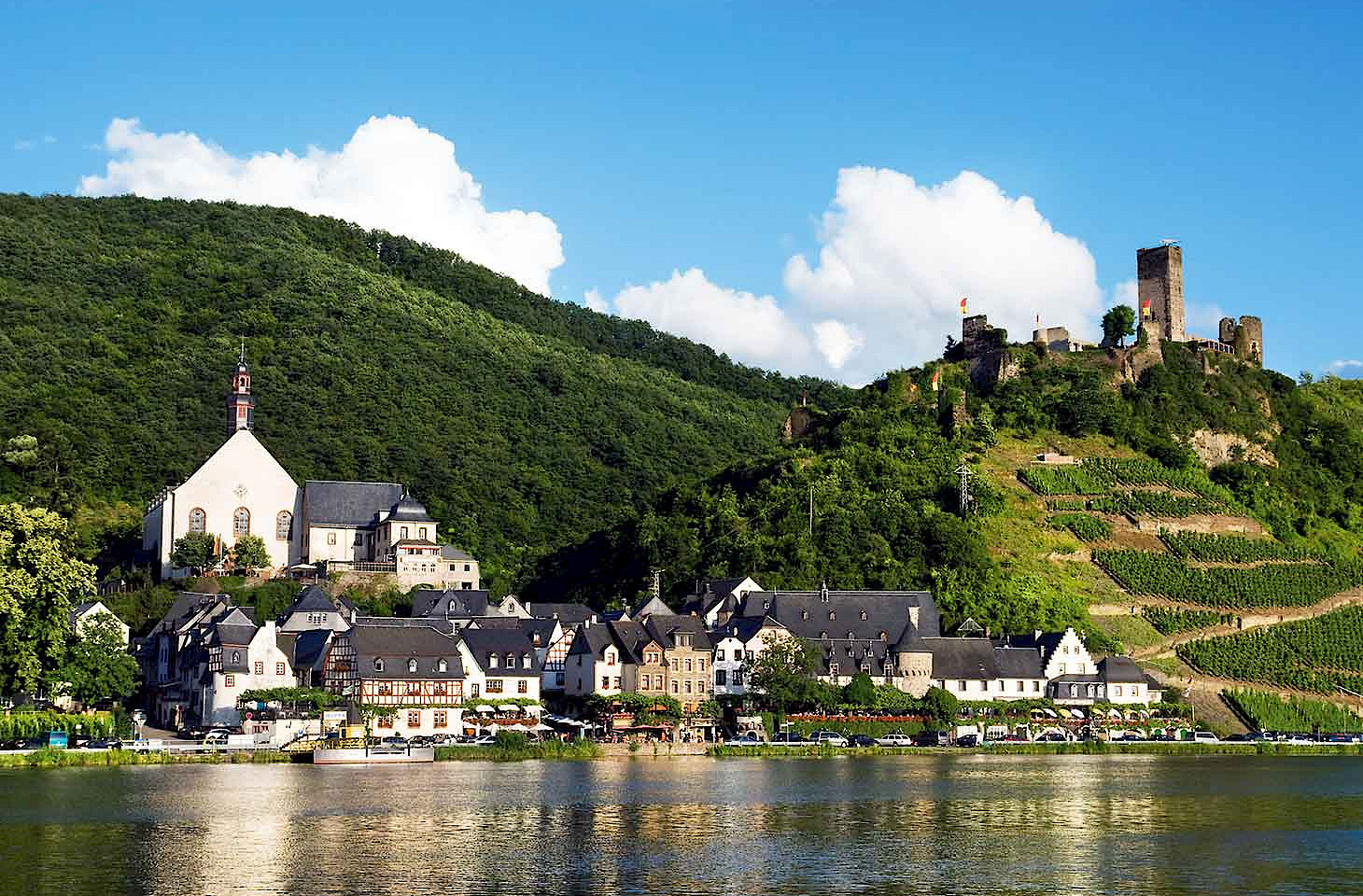The tale of Britain’s bothies recalls a wider debate about pain versus pleasure in travel. The idea that eschewing comfort makes for a better experience is deeply ingrained in the literature of travel. The mediaeval xenodochium, a wayside hostel for pilgrims, was hardly a comfy place. Many writers saw journeys as metaphors for spiritual progress. If the Desert Fathers could survive with few creature comforts why should devout pilgrims expect more?
hidden europe 47
Pleasure or pain
by hidden europe
Summary
The notion of privation as conductive to more virtuous travel seems alien to the modern mind. Today's travellers search for five-star luxury and often look for a higher level of food, lodging and service that they experience at home. Travel has become a way of exerting economic power and negotiating privilege. But it was not always thus.
On Butterflies and Literature: Following Nabokov into the Swiss hills
Berlin-based writer Paul Scraton follows in the footsteps of author Vladimir Nabokov as he explores the hills above Montreux. Paul discovers that butterflies and literature make natural partners.
Swiss lakes are in a class of their own. But is there one that just has the edge over the rest? Some may cast their vote for Léman, and others will argue the case for Lugano. But for us it’s Lake Lucerne, where the lake’s unusual vaguely cruciform shape changes a boat journey into pure theatre.
If Mary Shelley's judgement is to be trusted, the Moselle possesses only "an inferior beauty". Which is a bit harsh on a valley that hidden europe views as one of the finest in all Europe. The Moselle valley boasts Karl Marx's birthplace, a village called Schengen and much more besides!




